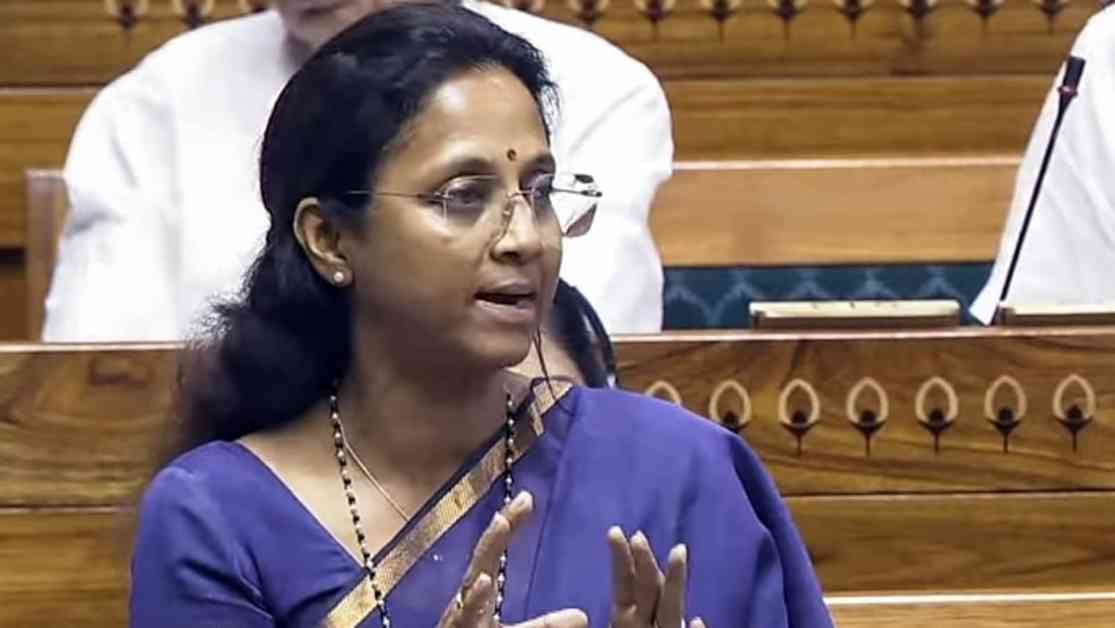Supriya Sule, the working president of the Nationalist Congress Party (Sharad Pawar faction), recently revealed that her WhatsApp account, along with two others, had been hacked. The other victims included a non-political individual and the party’s general secretary, Aditi Nalawade.
Sule recounted the incident, explaining that she realized her WhatsApp had been compromised when she received a message that rendered her unable to use the app. Upon further investigation, it was discovered that Nalawade’s account had also been hacked, with messages being sent from their accounts asking for money.
The hackers demanded a sum of ₹10,000 from both Sule and Nalawade, using the guise of an emergency to prompt recipients to call back. Sule described the situation as a form of blackmail, which she chose to ignore. To track the hackers, they engaged with them to receive details of a bank account for the money transfer.
In response to the incident, Sule emphasized the importance of being cautious and implementing additional security measures for phones and WhatsApp accounts. She called for government intervention, as well as increased vigilance from service providers and individuals, stressing the need for privacy protection.
Moreover, Sule disclosed that her family had received an income tax notice shortly after the budget session, prompting questions about the timing. She expressed uncertainty regarding the coincidence and mentioned previous instances where her husband had received similar notices following her parliamentary speeches. Sule requested her husband to compile information on these notices for further examination, refraining from making any allegations at this point.
Overall, the hacking of WhatsApp accounts and the subsequent demands for money highlight the vulnerability of digital platforms to cyber threats. Sule’s experience serves as a reminder for individuals to prioritize cybersecurity and take proactive steps to safeguard their personal information. The incident also raises concerns about potential targeting based on political affiliations, underscoring the need for robust security measures in the digital age.




















